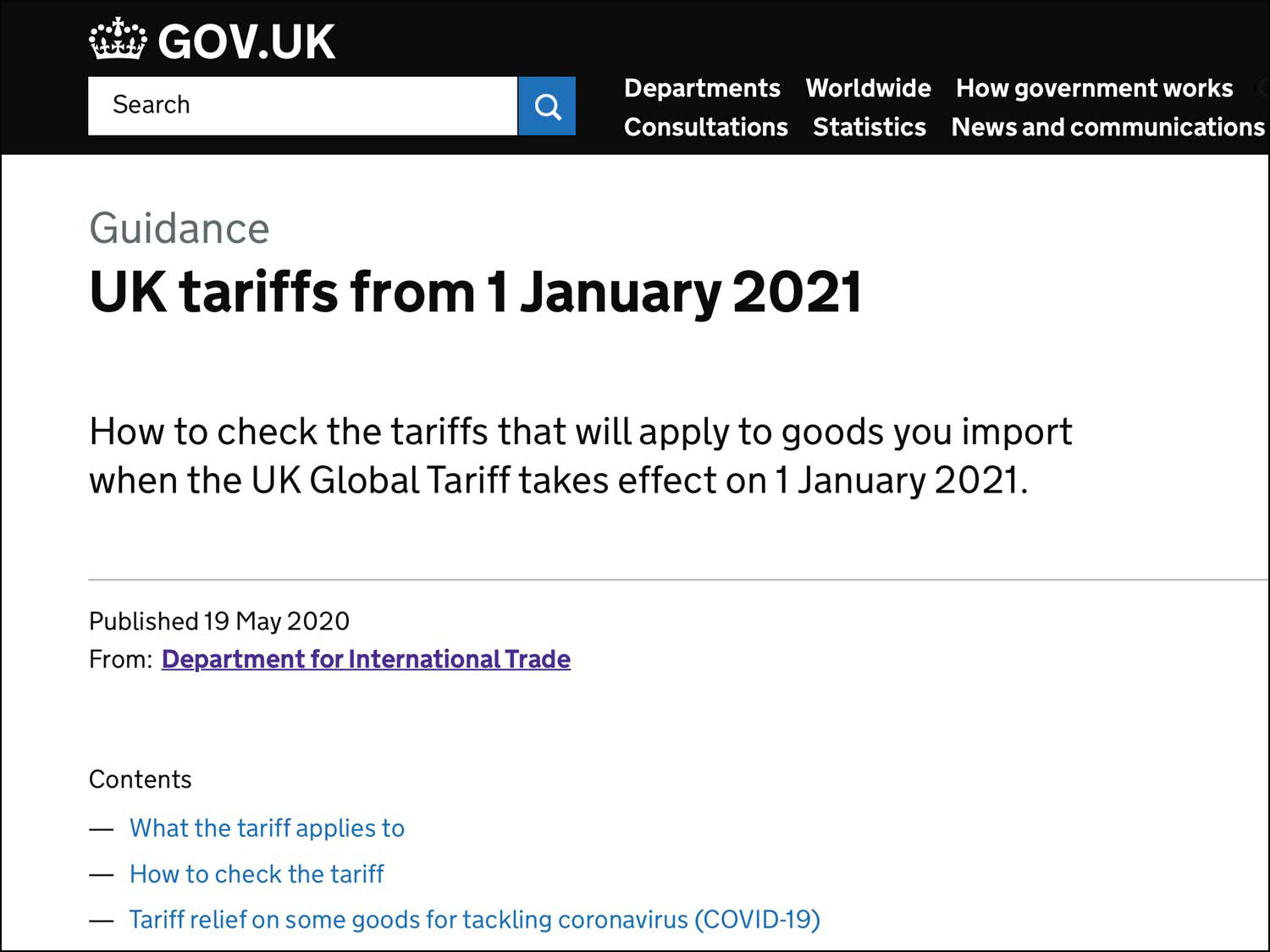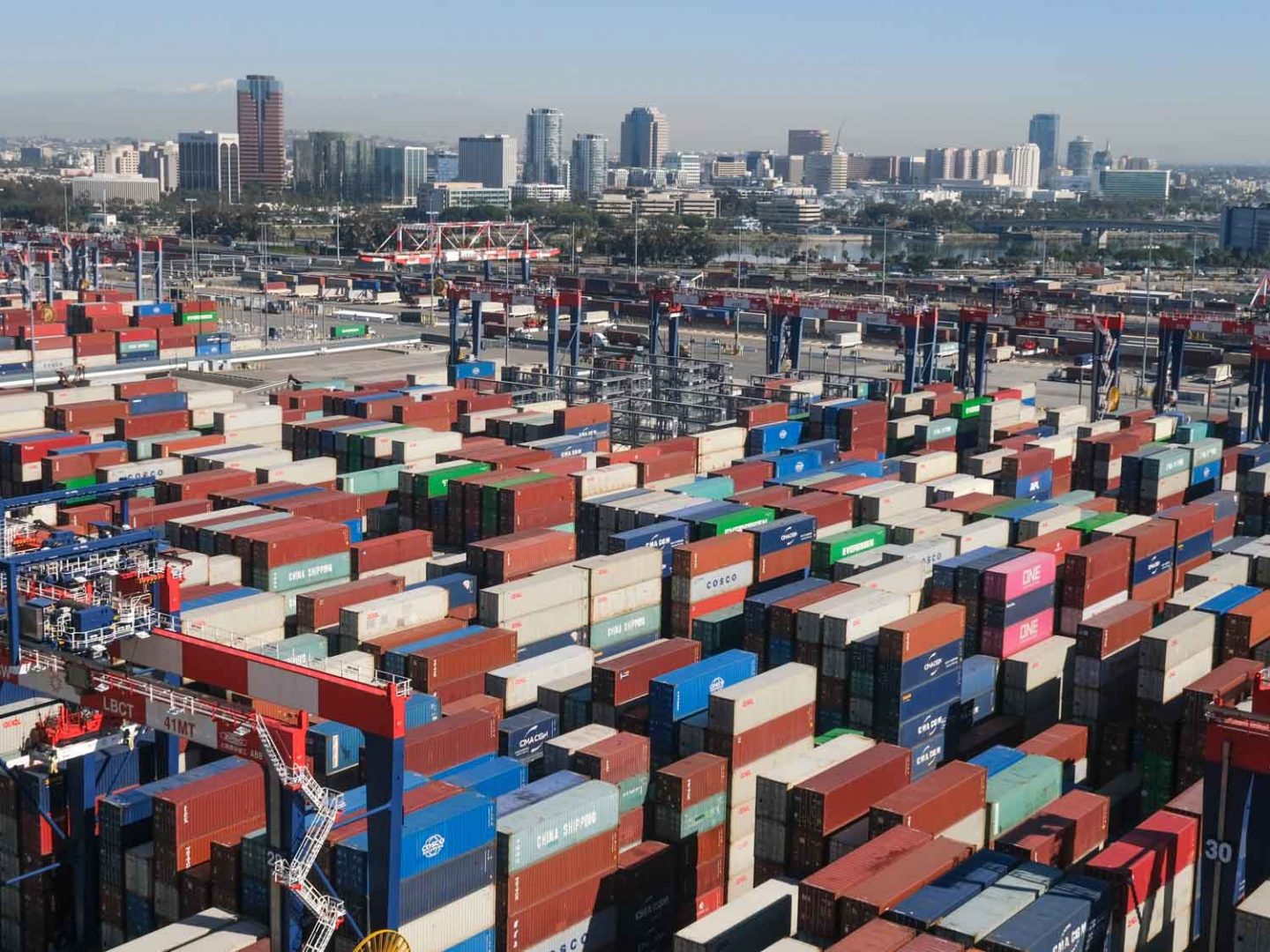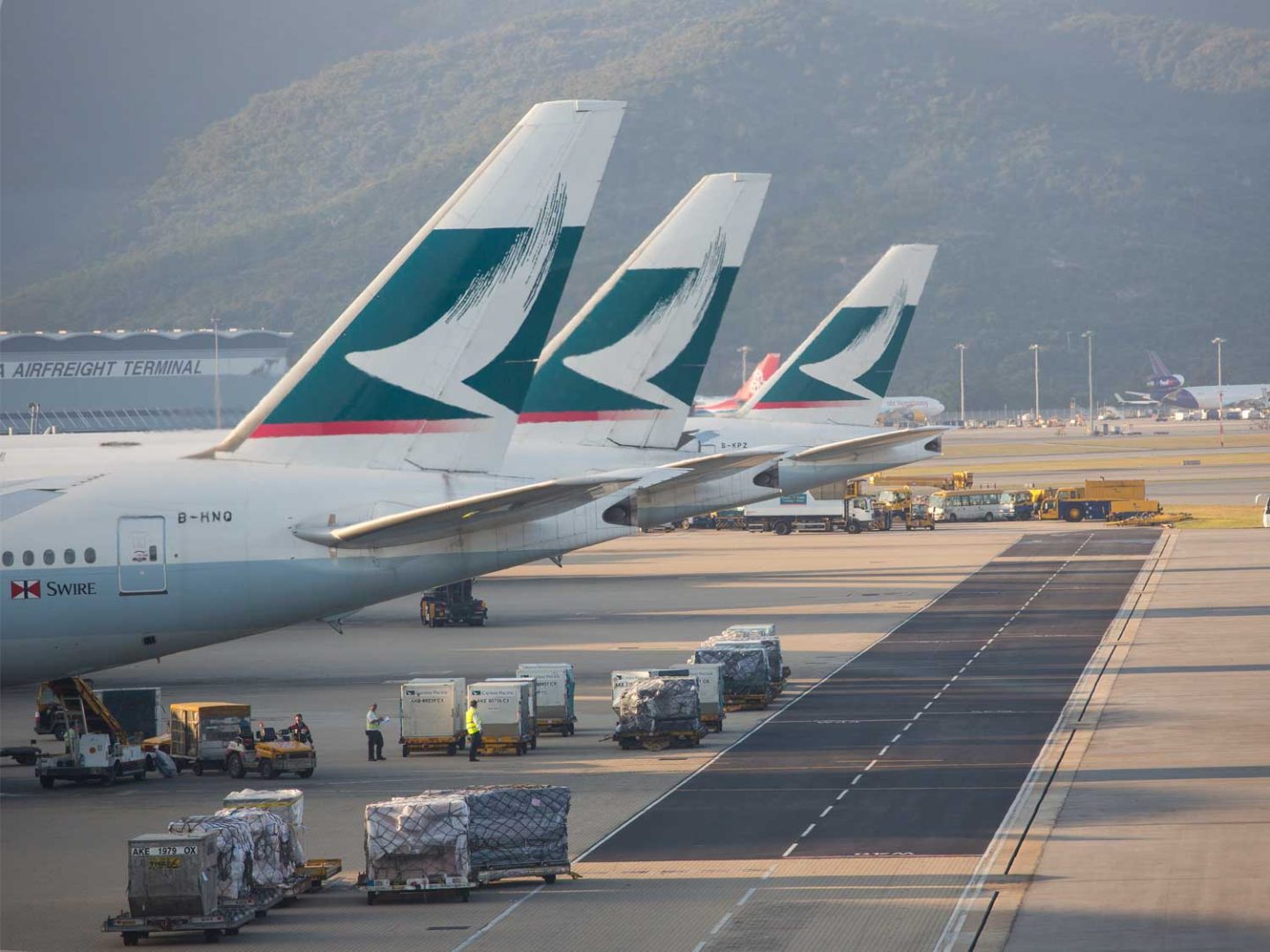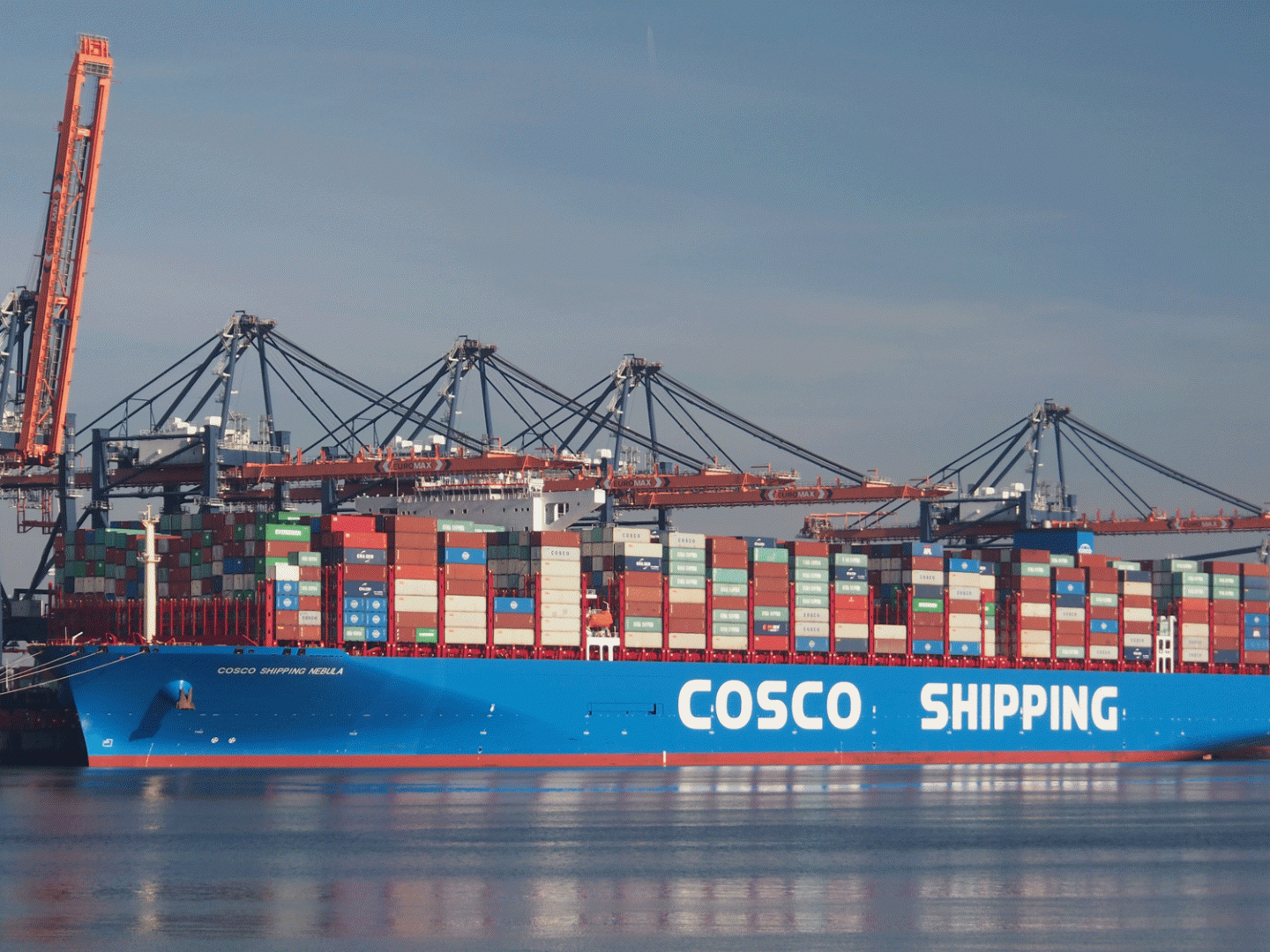The Department for International Trade has issued the new UK Global Tariff, which will apply from 1st January 2021, assuming that no Free Trade Agreement is agreed with the EU.
In total, 60% of UK imports will be tariff free in January under this scheme and the preferential trade deals that exist with some countries.
The government’s stated aim is to have 80% of trade covered by free trade deals in three years which will necessitate reaching agreements with the EU and US.
The timing of Tuesday’s announcement is also a reminder to the EU of what is at stake if progress isn’t made in the ongoing trade talks, which are currently dead-locked as widely reported in the press.
Metro’s recommendation is to review and seek our advice on the following:
1. Check commodity codes based on the new published duty rates
2. Consider the potential application of origin rules to imports/exports
3. Calculate the impact of introducing relevant duty reliefs
4. Decide who will take responsibility for all customs requirements of your products moving through Europe mainland and EIRE
Replacing EU tariffs
- The new UK Global Tariffs also aims to do away with some current EU tariffs
- There will be 0% tariffs for imports entering UK supply chains for use in UK production
- This includes copper alloy tubes (down from the EU tariff of 5.2%) and screws and bolts (down from 3.7%)
- EU tariffs currently in place for a wide range of consumer goods will have zero tariffs
- Tariffs will be reduced to zero for ‘green imports’
- Almost all pharmaceuticals and most medical devices (including ventilators) will be tariff free
Key takeaways
- To boost UK manufacturing, the government will remove tariffs on £30 billion-worth of supply chain imports including copper alloy tubes, screws and bolts
- Duties on ‘green imports’, including renewable energy items like LED lights and thermostats, will also be cut
- Tariffs will be imposed on goods imported into the UK from Europe that are also produced in the UK and which the government wishes to protect, in particular agriculture and automotive. The plan is to impose a 10% levy on cars, as well as putting tariffs on beef, butter and poultry





